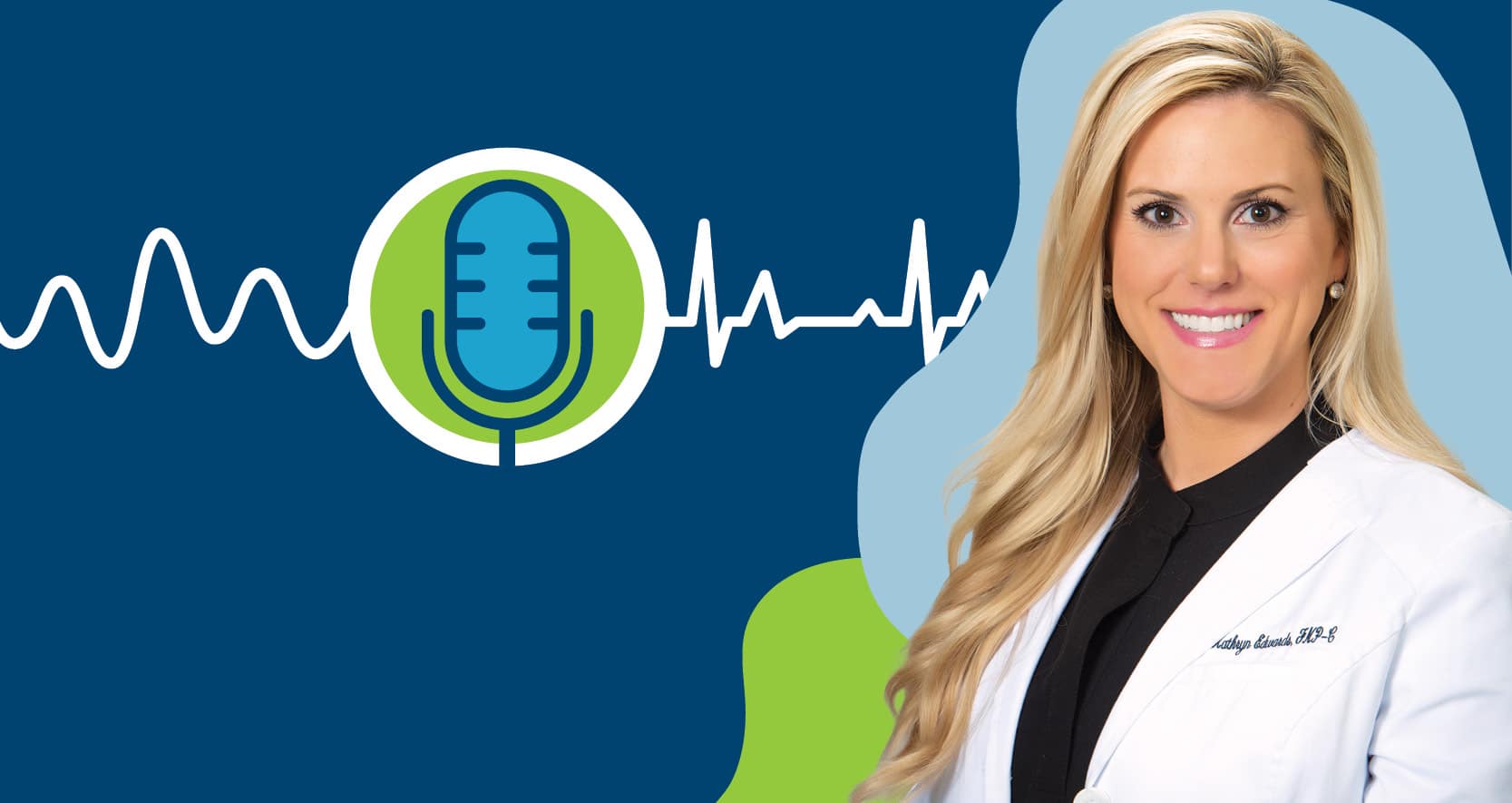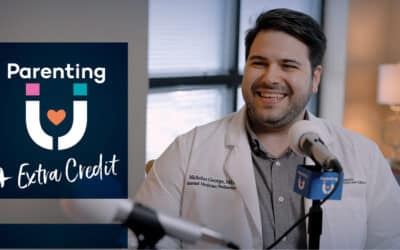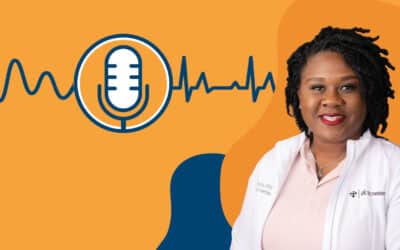Over time, listening forms a bond of trust between a patient and their healthcare provider, leading to more personalized care and long-lasting relationships.
Mary Kathryn Edwards, NP, works at the St. Francis Primary Care Clinic and shares her approach to providing primary care with an emphasis on listening in this episode of our podcast, The Doctor Will Hear You Now.
Building Patient Relationships with Active Listening
Healthcare can be hard. Our health system has made the promise to listen, sit beside our patients, understand their stories and be full partners in health. Active listening plays a central role in providing care, which builds and strengthens provider-patient relationships.
An open and honest relationship between a patient and their provider can help the patient be more engaged with their plan of care and experience better health. “Knowing my patients allows me to deliver a more personalized care approach,” Edwards says.
Preparing for a Primary Care Visit
You don’t need to be sick to need a primary care provider. You’ll stay healthier with regular visits with a provider like Edwards.
“I always recommend bringing a list of questions, concerns and symptoms you have,” she says. “It helps us stay focused in the moment and address each item individually during that visit.”
A first primary care visit is all about establishing care. “It’s important for us to provide a relaxed atmosphere, learn who our patient is, their medical history, and their health needs and concerns,” Edwards says. After covering medical records, personal and family health history and a general exam, she focuses on helping her patients set individual goals and create a strategic plan to improve and manage their health.
Bringing a support person can be a good idea, especially for follow-up visits when you’re addressing chronic conditions. “It never hurts to have another set of ears who can listen,” she says. “You may hear one thing and get home and remember something else. Having someone else in the room during a visit can be very helpful.”
Approach to Listening
Intentional open body language helps promote better discussions, including between providers and patients.
“I typically try to make brief notes when I’m jotting down so I don’t lose too much eye contact during our communication,” Edwards says. “There are so many nonverbal ways to communicate as well.”
A patient’s body language can provide important clues about their fears and emotions.
“My own body language, eye movement or placement of my head can convey to the patient that I’m actively listening,” she says. “Even moving closer to the patient or physical contact like my hand on their arm are other important nonverbal ways to convey empathy as well.”
Edwards wants her patients to feel like they’re talking not to a stranger, but rather to someone who knows and cares about them.
“I find it humbling when patients do feel comfortable opening up and sharing any concerns or struggles they may be dealing with at a deeper level,” she says. “This not only establishes great rapport but also helps me provide an appropriate, individualized plan for each patient.”
Edwards recognizes that not every person is a textbook case, and she often relies on instinct, which is when open communication and relationship building are so important. “When you have that kind of relationship you can know when something’s off, and it helps establish a better plan of care.”
Advice If You’re Not Heard
If you feel like you’re not being heard with your provider, Edwards recommends persistence. “But if you don’t feel a connection with your provider, then it might be time to get another provider with whom you connect,” she says.
A Day in Her Life
Edwards doesn’t have typical days, which is one thing she loves about her work providing primary care. In addition to providing care in Monroe, she also connects with patients from around Louisiana via video visits.
“I never know what I’m going to see. It’s going to range from a sore throat to uncontrolled diabetes or blood pressure,” she says. She provides annual wellness visits for adults and children ages 13 and up. “You never really get bored because every day is different.”




